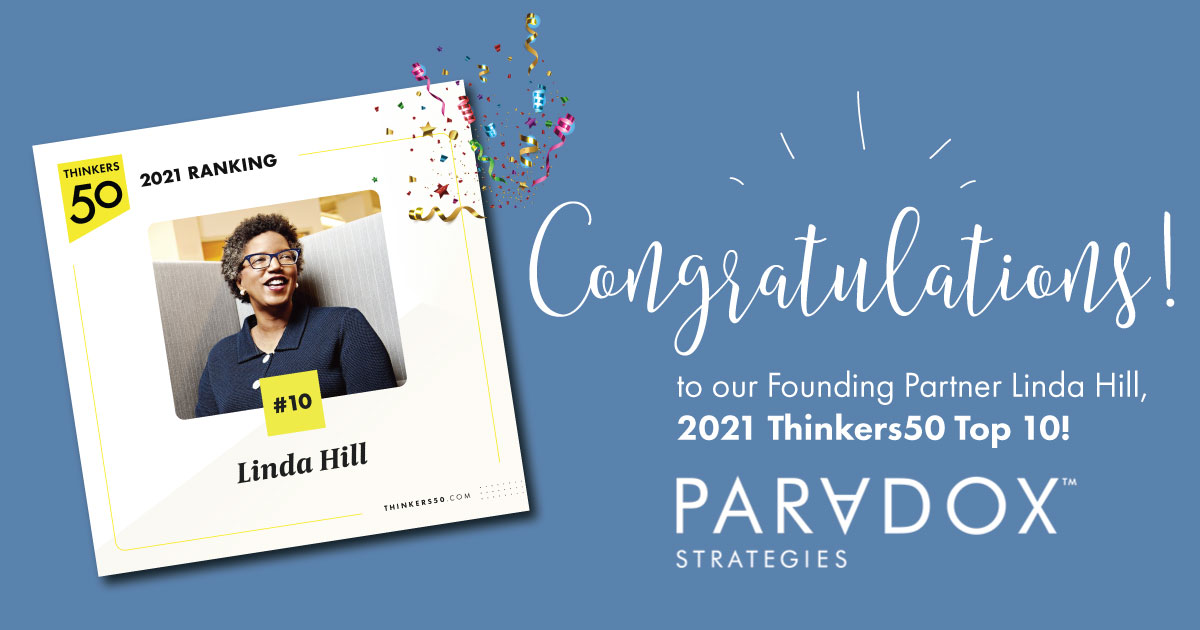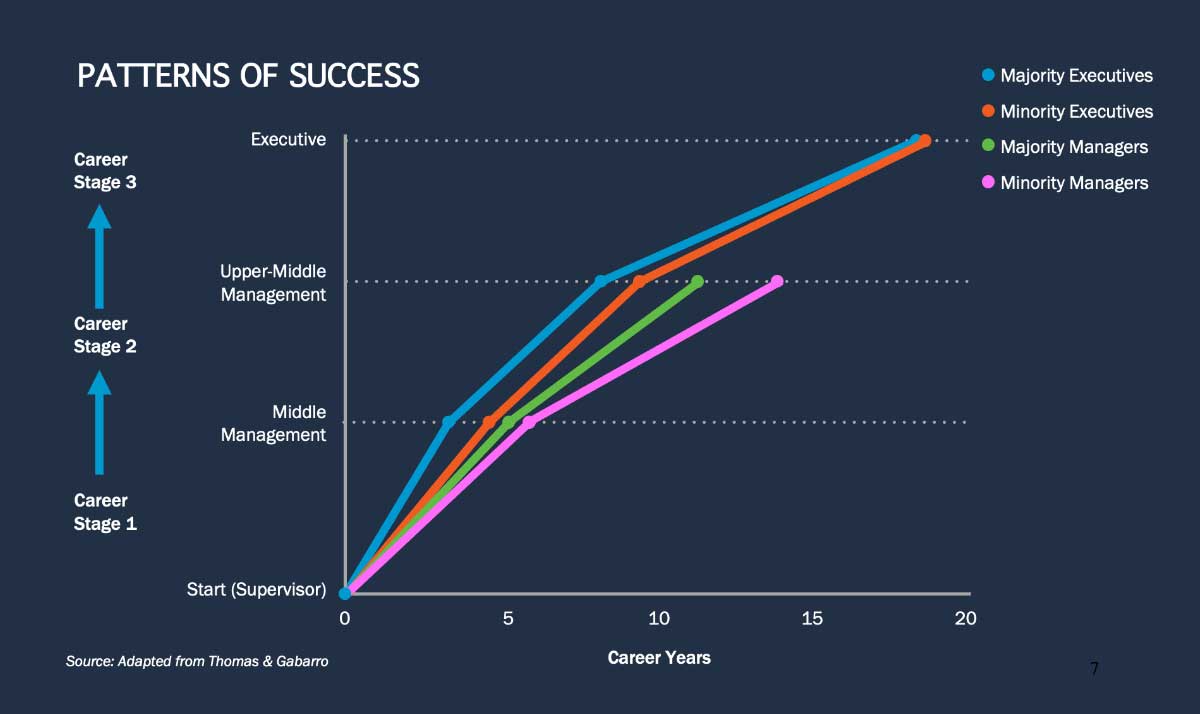Leaders of the future must master 3 key roles to drive impact and innovation: architect, bridger, and catalyst
Writing in Harvard Business Review, Paradox Strategies Founding Partner Linda Hill (with Emily Tedards, Jason Wild, and Karl Weber) describes how great leaders of the future must master 3 key roles – architect, bridger, and catalyst – to drive innovation and impact.
As architects, they build the culture and capabilities for co-creation.
As bridgers, they curate and enable networks of talent inside and outside their organizations to co-create.
And as catalysts, they lead beyond their organizational boundaries to energize and activate co-creation across entire ecosystems.
These ABCs require leaders to stop relying on formal authority as their source of power and shift to a style that enables diverse talent to collaborate, experiment, and learn together — a challenging yet essential personal transformation.
As architects, they build the culture and capabilities for co-creation.
As bridgers, they curate and enable networks of talent inside and outside their organizations to co-create.
And as catalysts, they lead beyond their organizational boundaries to energize and activate co-creation across entire ecosystems.
These ABCs require leaders to stop relying on formal authority as their source of power and shift to a style that enables diverse talent to collaborate, experiment, and learn together — a challenging yet essential personal transformation.




